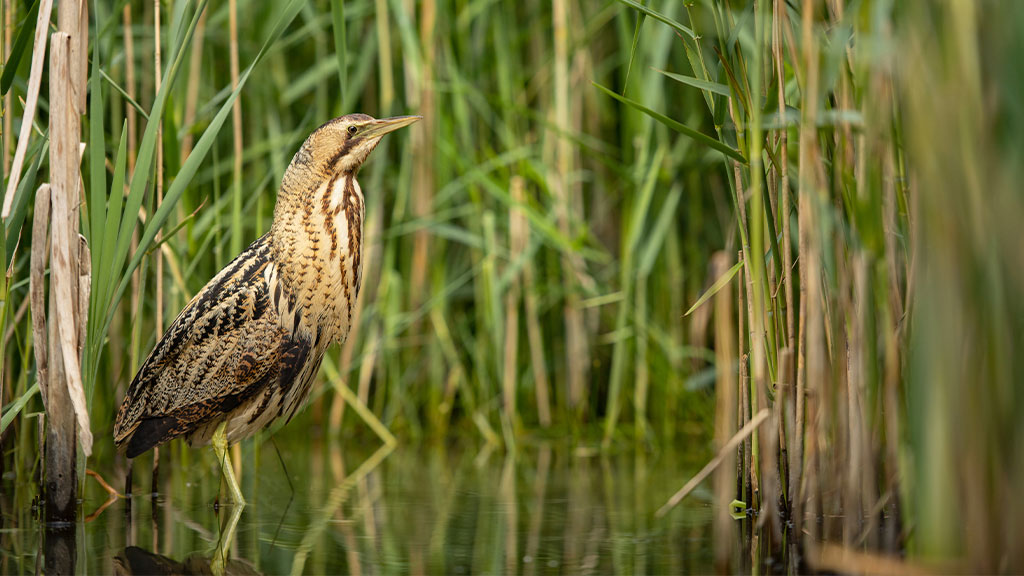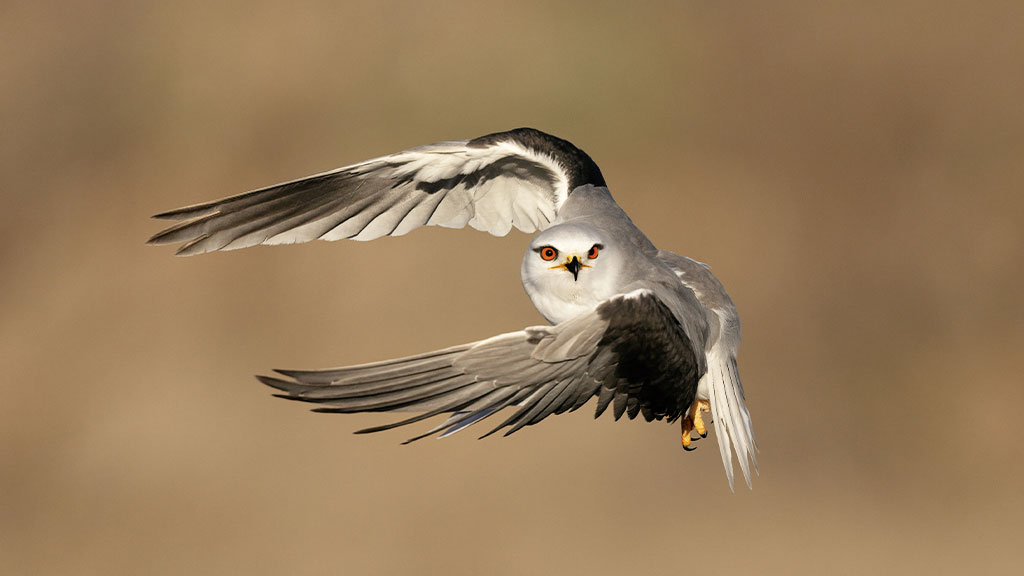Noticing nature: Eight practical exercises you can try to improve your mood
Mindfulness is a way to help yourself be more present, intentionally aware of everything going on around you. These short practices are to help you take a step back from your own thoughts and focus on the world around you in wetlands.
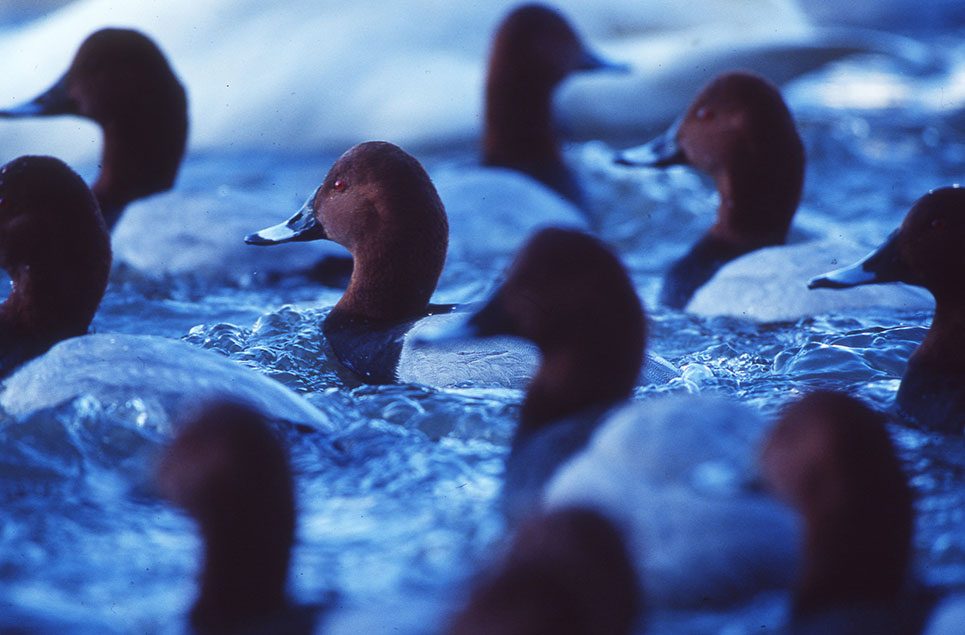
If you're a fan of nature then you'll know it can be a source of solace, and our wild, watery landscapes filled with life are no different. You probably don't need any encouragement to get out there. Yet sometimes we could all do with resetting after stressful times, and instead of focusing on what we're doing, seeing or achieving next, taking time in the moment to notice the little things and slow our brains down so that we can just - breathe.
How we can deepen our relationship with nature
Nature connection is an internationally recognised scientific expression, the correct term being “nature connectedness” as defined by pioneering work from the University of Derby. We know that simple exposure to nature is good for us. However, connection with nature is something more meaningful and deeper than exposure. Here are some of the ways we might do this:
1. Engage all our senses – touch, smell, sight, hearing, taste. Sight is often the least important.
2. Explore our positive emotional bonds through nature with experiences that instil calmness and happiness.
3. Look for beauty in things, such as appreciating natural scenery or engaging with nature through art and music.
4. Look for the hidden meanings, emphasise traditions, localness, seasonality and language – nature is everywhere, from folklore to place names.
5. Show compassion by developing a moral and ethical concern for nature, such as making ethical product choices or helping to make life better for wildlife.
The NHS is also clean on its five steps to mental wellbeing, all of which work well with spending more time on outdoor activities:
- Connect with other people
- Keep physically active
- Learn new skills
- Give to others
- Pay attention to the present moment (mindfulness)
Everyone is different – you may find certain methods create a greater connection for you than others. In this particular article, we are going to explore some practical exercises you can try when out and about at our wetland centres, or any natural space. Even if you've never tried mindfulness before, our partners the Mental Health Foundation have some helpful advice to get you going.
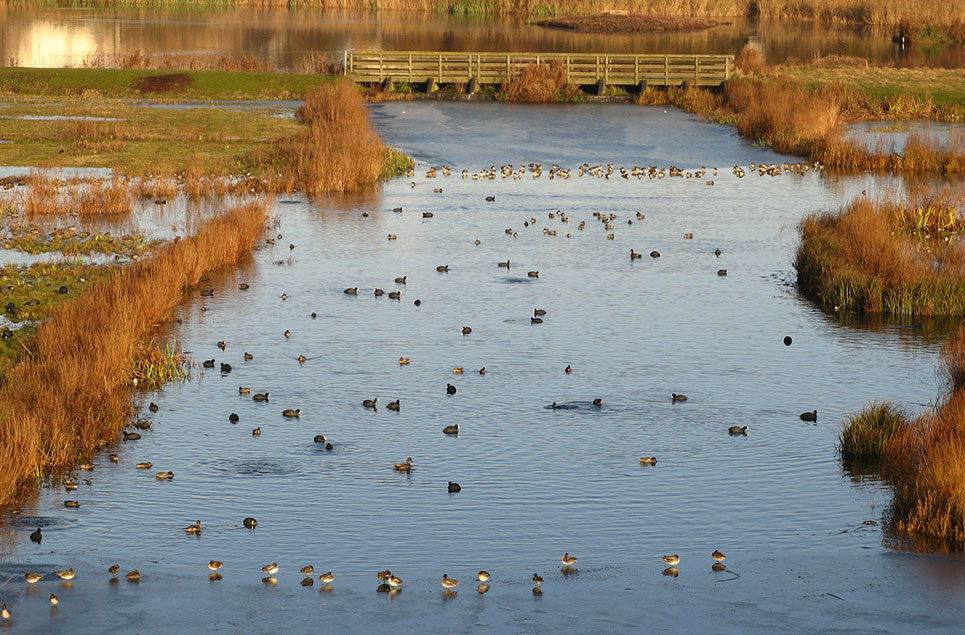
…it’s a feeling of peace, uplifting, it’s healthy. I think for anyone who’s got something on their mind, after five or 10 minutes walking, and just noticing something in nature, they can leave their stresses and troubles behind. It’s hugely healthy.
-Testimony from a WWT member
Practical exercises for you to try
You’ve probably already heard of the term mindfulness. It’s essentially a way to help yourself be more present, intentionally aware of everything going on around you. It's a technique that was developed by doctors to reduce stress, anxiety and depression. And evidence shows that although not a cure-all, it can be beneficial for many: the Mental Health Foundation says that "people undertaking mindfulness training have shown increased activity in the area of the brain associated with positive emotion – the pre-frontal cortex – which is generally less active in people who are depressed."
And the good news is you don’t have to be sitting on a meditation pillow in a dark room. You can do it as you wander through a wetland…
These short practices might help you take a step back from your own thoughts and focus on the world around you, whether you’re staying local or out in the wild.
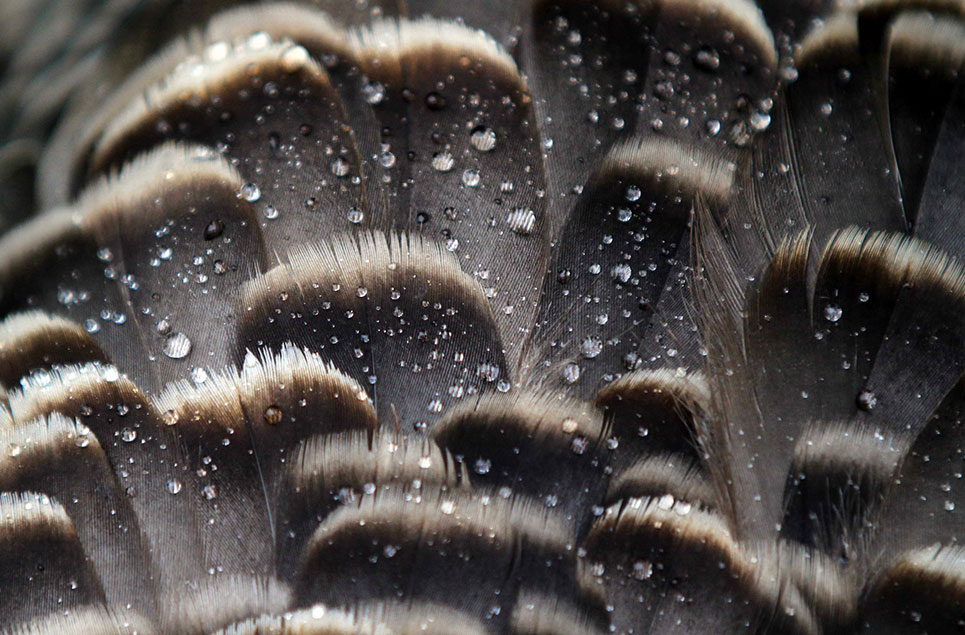
- Look for other life around you, from plants to insects to birds. What wildlife do you spot? It’s not always obvious, so take the time to look hard at everything. Notice how it looks, sounds, moves. You might spot details in the smallest things you’ve never noticed before.
- Go outside and walk mindfully, noticing each step, how it feels on the ground, the crunch of leaves or ice. Listen to the water splashing, the birds calling and the reeds rustling.
- Write down positive experiences you’ve had in nature during lockdown that improved your mood. This can include virtual experiences too – did you draw a picture, hear a song, or see a video related to nature that made you feel calmer and happier? Make a plan to include these experiences in your day at a regular time.
- Stop and listen at a window. What birds can you hear? Do you recognise any of them? Are they high-pitched, low, quiet, or loud? What might be their motivation? Visualise a favourite natural space – where will you go, what do you see, how does it make you feel? If you’re stuck at home you can use pictures, sound recordings or videos to help transport you.
- Watch water - at a wetland, in your pond, bird bath, or create your own mini indoor pond. Find a river or stream that you can sit next to safely. Close your eyes and listen to the sounds of the water. Being near water is scientifically shown to improve our wellbeing.
- Decide on a series of five colours when out on a walk and find objects in those colours as you go. When you reach the end of the sequence, start again. This is a fun trick to help you be present in the moment, without distractions.
- What’s my natural object? This is a fun one to play with kids - you'll need at least two people. Blindfold your partner (or ask them to close their eyes). Choose a natural object and place it in their hands. Get them to feel and smell it carefully. Can they guess the object?
- Think back to your past week noticing nature and note down three things you’re grateful for. Keeping a gratitude diary might seem a bit silly at first, but it can help us appreciate the small things that boost our mood, that we're often unaware of.
Engage your senses virtually
If you can't get outside for whatever reason but still want to enjoy the sounds and sights of our wetlands, research has shown that even watching videos or looking at pictures of nature can have a calming effect. Take a minute out of a busy day with five simple exercises alongside soothing footage of wetland nature on our reserves.
Looking after your mental health
This content was produced in collaboration with The Mental Health Foundation
The Mental Health Foundation has a wealth of resources full of simple, inexpensive and practical tips to help you look after your mental health, as well as specific mental health advice related to the challenges of lockdown.
Public Health England has developed explicit guidance on mental health in the crisis. If you want to develop a personalised plan for supporting your mental health you can also visit the
PHE Every Mind Matters site, developed in collaboration with the Mental Health Foundation.
Campaigning for wellbeing
Wetlands can provide blue spaces that are especially beneficial to wellbeing, helping people to adopt healthy and more sustainable behaviour (e.g. active travel), inducing positive mood and reducing stress. We want to create more accessible blue spaces close to where people live in urban areas by improving wetlands and creating sustainable drainage systems (SuDS) such as ponds or rain gardens. Find out more about our wellbeing research and programme at wwt.org.uk/wellbeing
Five things you can do in wetlands to improve your wellbeing
Whether it is a stroll through one of our reserves, an hour spent quietly in a hide with some binoculars or hand-feeding our friendly geese, these connections with our natural world do something to us that fundamentally affects our sense of wellbeing. Here are some easy tips to get you out of that lockdown slump.
Nature for all
In partnership with Mental Health Foundation and WWT, The Blue Prescribing Project is an innovative wetland-based health programme, designed to enhance people’s connection with nature and improve their wellbeing.
Learn more